Table of Contents
Essential Health Panel
Essential Health Panel by Thorne offers a baseline health assessment that includes 63 biomarkers, measuring performance hormones like testosterone and DHEA-S, essential vitamins and minerals, and metabolic function. Lab visit required.
You should take this Essential Health Panel if you
- Have already taken the Advanced Health Panel and want periodic updates
- Want to optimize your diet and workout routine or avoid overtraining
- Are looking for tools to live healthier longer
- Are interested in biohacking
- Want to track the progress of your health and wellness
- Want more insight about your health and wellness status after a significant change to your diet or workout regimen
What You’ll Discover

Measures
Your personal biomarkers are displayed on an easy-to-read dashboard with a description of what each biomarker means and what your risk factors are. Essential Health Panel results are ready in fewer than 10 days.

Analysis
Thorne’s multi-omic platform uses artificial intelligence and machine learning to create an in-depth and complete profile of your biochemistry.

Improvement Plan
By mapping and integrating your personal results, we identify actions you should take to improve and maintain your health and wellness. You also can track your performance over time to see how lifestyle changes are contributing to your health and wellness. The improvement plan includes diet, exercise, lifestyle and supplement recommendations.
Biomarkers Measured
How It Works

1 • Complete Your Health Profile
After your purchase, complete your health profile.

2 • Visit a Lab Near You
Find a lab near you and schedule a blood draw. Because most tests require you to fast for 12 hours before the draw, be sure you schedule the blood test for the morning. Arrive hydrated.

3 • Receive Results and Insights
After your blood panel is received your biomarkers will be analyzed using machine learning to create the most in-depth and accurate picture of your health and wellness. Make changes that can improve your health and wellness. The improvement plan includes diet, exercise, lifestyle and supplement recommendations by one of our health coach professionals.
Potential Indicators
Thorne’s Essential Health Panel is a detailed assessment of the body’s internal functioning at the cellular level and focuses on understanding and optimizing specific biomarkers. This Essential Health Panel does not include a fatty acid panel or the detailed thyroid, lipid particles, and full reproductive hormones (aka performance) panels that are included in the Advanced Health Panel.
The Essential Health Panel benefits individuals who are seeking to:
- Optimize athletic performance
- Improve energy, sleep, and weight loss
- Maximize health and wellness
- Take control of their health
- Identify and track their performance process
The Essential Health Panel benefits individuals who are interested in:
- Fitness or athletic performance
- Recovery
- Immune function
- Biohacking
- Full-body health
- Diet and nutrition intake
Thorne’s Essential Health Panel provides a comprehensive assessment of clinically relevant biomarkers and research-driven personalized recommendations.
Essential Health Panel 101
It is extremely difficult to determine your health and wellness merely by how you look or feel. Yearly bloodwork helps you establish a time-stamped baseline that can be tracked throughout a lifetime and optimized at every stage of life, including before, during, and after symptoms begin, or while managing a chronic disease.
The Essential Health Panel is more comprehensive than the average annual physical’s bloodwork and will provide an in-depth analysis of your metabolism, inflammation levels, hormone balance, and nutrient status, and how your diet, exercise, and daily habits affect your bodily systems and organs.
Thorne’s Essential Health Panel was designed by a group of medical doctors, researchers, naturopathic physicians, and dietitians to analyze the most clinically relevant biomarkers that support whole-body health and wellness and includes a selection of key biomarkers from our Advanced Health Panel.
The biomarkers tested span the entire body but the results are presented in groups for easy reading and understanding. The test results provide easy-to-follow practical lifestyle, diet, and supplement recommendations that support optimizing the biomarkers that are out of range and helping you reach your wellness goals.
When a person’s body is operating as it should, they will have more energy, a better mood, improved sleep, healthy immune function, normal brain function, and generally be more productive.
Why are These Biomarkers Important?
Muscle Performance
Whether a person is an athlete, a parent, or an aging adult, muscular health plays a role in strength, stamina, endurance, sleep, and risk for injury or illness. Musculoskeletal health is an important system to consider even in younger years because bones and muscles are closely linked in health and wellness, and their density and composition generally decline with age.
A surprising number of blood biomarkers that play a role in bone and muscle function are included in this test:
- Vitamin D
- Total testosterone
- RBC magnesium
- SHBG
- Creatinine
- DHEA-S
- Albumin
- Total protein
Overall Health and Wellness
Immune function needs to be working efficiently to resist the toxins and pathogens encountered daily. Similarly, red blood cells must perform daily to carry oxygen to every muscle, tissue, and organ in the body. Health and wellness relies on many biomarkers that, if out of range, might not produce symptoms that would alert you they are not functioning normally, so it is important to monitor these regularly:
- RBCs
- WBCs
- Eosinophils
- Monocytes
- Basophils
- Leukocytes
- Hemoglobin
- Hematocrit
Macronutrient Metabolism
Some biomarkers measure how well you are metabolizing the food you eat. Lipid levels, blood sugar metabolism markers, and protein status are a direct reflection of your diet and metabolism and are assessed by these biomarkers:
- Lipids
- HbA1c
- Glucose
- Total protein
- Creatinine
Injury Risk
Every athletic endeavor potentially puts the participant at risk for injury, like overuse injuries, aches, pains, and accidents. Athletes who participate in contact sports have the highest risk. But a person needn’t be an athlete to want to reduce their risk of getting injured while going about their daily activities.
Minimizing inflammation, supporting bone and muscle health, and optimizing hormone levels is a great place to start:
- TSH
- HS-CRP
- Cortisol
- RBC magnesium
- Vitamin D
- WBCs
Risk for Chronic Disease
Age is a primary risk factor for multiple chronic diseases: dementia, heart disease, type 2 diabetes, arthritis, cancer, and more. Chronic disease is the leading driver of illness, disability, death, and health care costs. Learn early which biomarkers you can monitor and what you can do to modify them if they are out of range to decrease your risk for chronic disease.
A Deeper Dive into the Essential Health Panel Biomarkers:
- RBC Magnesium – Muscles, bone, and other tissues store 99 percent of the body’s magnesium, with the other one percent in the serum and red blood cells. When serum magnesium does decrease, like with excessive sweating or increased energy production demands, magnesium is then pulled from tissue storage to maintain the tightly regulated blood magnesium level. This can mean that many effects of low-magnesium such as poor sleep, twitches, muscle weakness, cramps, fatigue, numbness, abnormal heart rhythms, or even seizures might be masked in common blood tests. Therefore, an RBC magnesium blood test provides a better indication of magnesium status than does serum magnesium (the more commonly measured biomarker).
- Cortisol – When it is elevated from mental, physical, or emotional stress, the primary stress hormone cortisol can break down muscle, raise blood sugar, cause excess fat storage, and suppress immune function.
- Lp(a) – Considered to be an independent risk factor for cardiovascular disease and atherosclerosis, Lp(a) is a protein found on LDL “bad” cholesterol. The majority of individuals who have an elevated Lp(a) level are genetically predisposed to increased risk for heart disease, although many menopausal women will see this level rise as their estrogen declines. Measuring the level of Lp(a) helps a person better understand their risk for cardiovascular disease.
- HbA1c – Otherwise known as hemoglobin A1c or glycosylated hemoglobin, this biomarker provides a running 90-day average of blood glucose level as measured by the percentage of the red blood cells that are saturated with sugar. Frequent carbohydrate consumption from meals or snacks, the under-production of insulin, or a sedentary lifestyle can significantly increase this value, which increases a person’s risk for diabetes and insulin resistance.
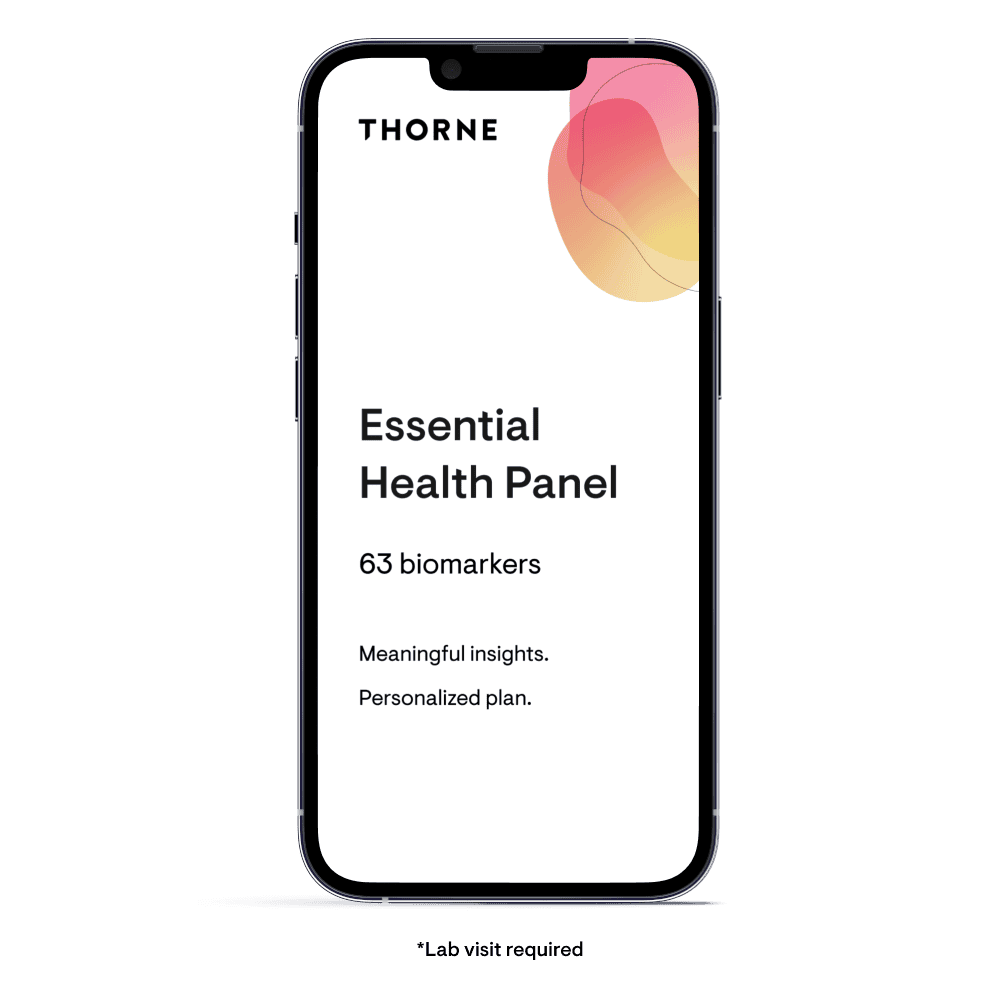
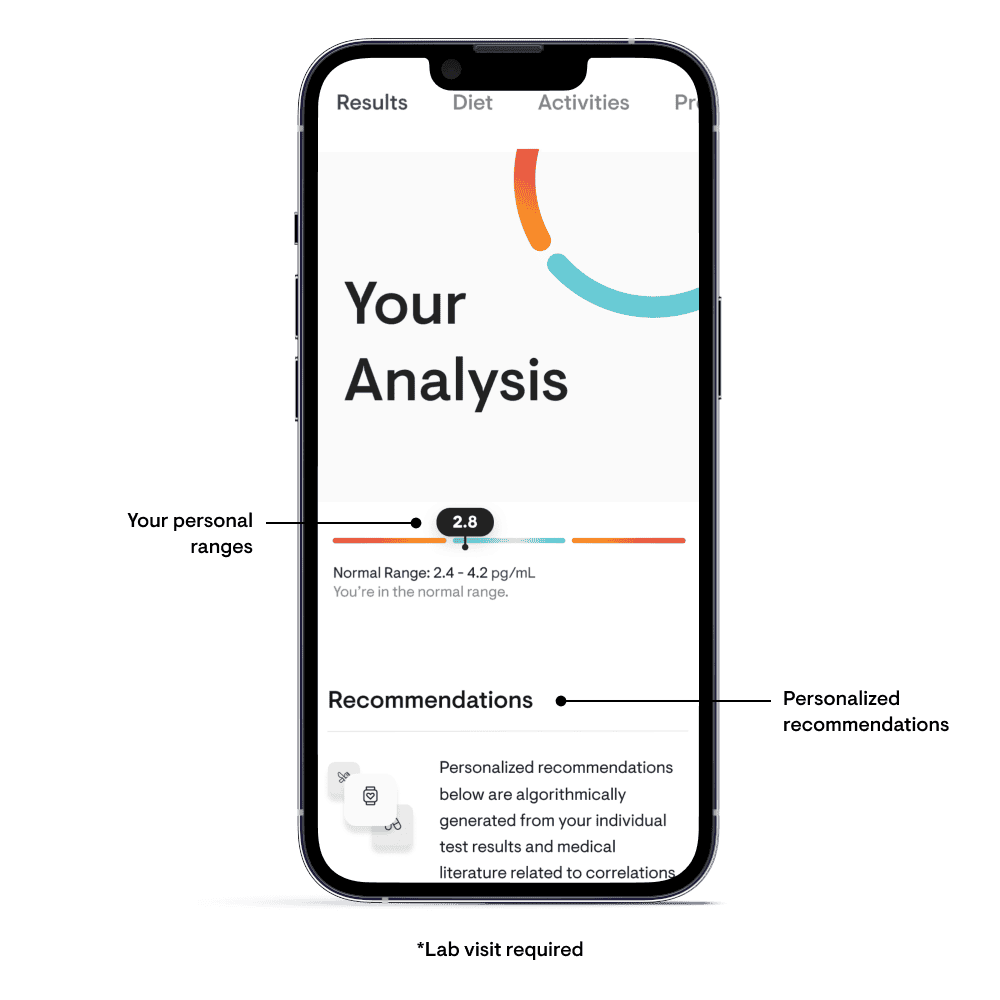
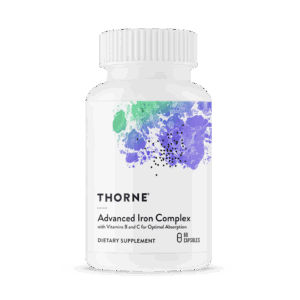
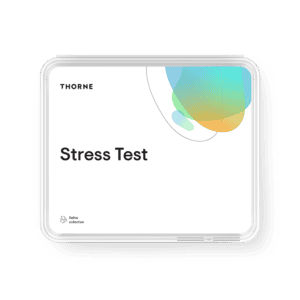
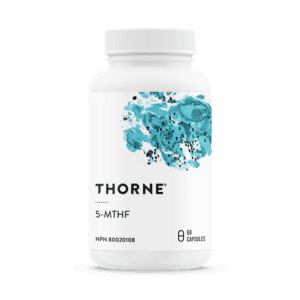
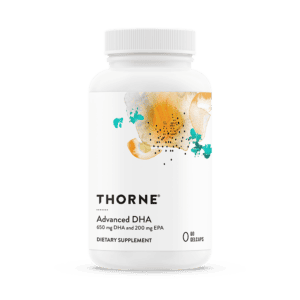
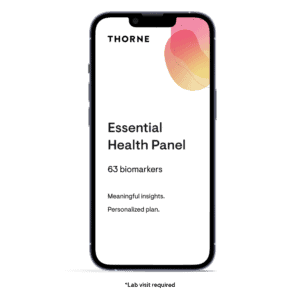
Reviews
There are no reviews yet.